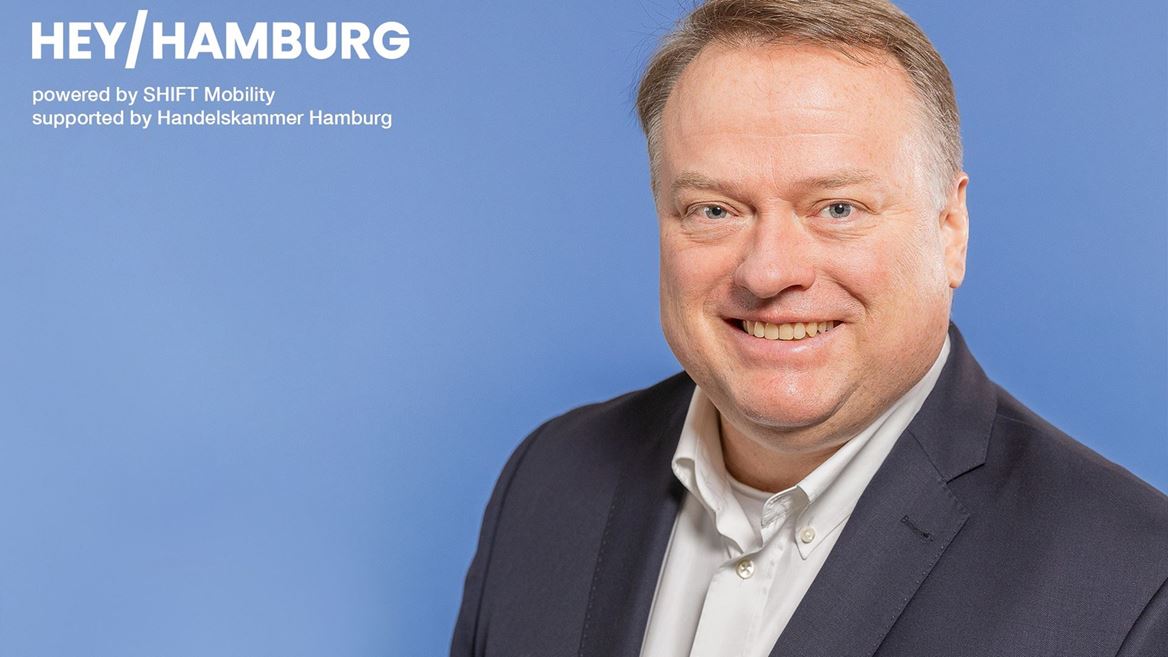Alexander Junge in the HEY/HAMBURG interview

“Mobility should be lived responsibly.”
Alexander Junge, Member of the Executive Board of Aral AG and General Manager for Central Europe of bp pulse, discusses in our interview the transformation of his company and its active role in the transformation of mobility towards emission neutrality. Alexander Junge’s team at bp pulse is responsible for building and operating the EV charging business in Germany and other central European countries. In addition to charging on the road at Aral locations and charging solutions for fleet depots, charging solutions for private households will soon be added.
How do you define mobility? What does mobility mean to you or your company?
To us, mobility means the ability of people to move from A to B and the freedom to do so. We are happy to support this freedom. We are also convinced, however, that mobility should be pursued responsibly when it comes to the human carbon footprint. That is why we are working actively on transforming mobility to become emissions-neutral. And we do it wherever our customers need it – while traveling, on the road and at home.
What do you see as the biggest challenge of the mobility revolution? How can it be managed?
The biggest problem is bureaucratic obstacles. These must be dealt with. Here, above all, political circles must work together with administrations. But the business community can also help. Last but not least, society – all of us – must get behind this revolution and demand fewer bureaucratic hurdles.
What are the biggest mobility challenges facing your industry?
We are a provider of mobility-related products and services. The biggest and at the same time most beautiful challenge for us is the transformation towards carbon-neutral mobility. There is no alternative, and yet it seems very difficult to manage. But we as humanity can do it. And we as a company are actively working to play our part.
Which mobility ‘best cases’ particularly impress you right now and why?
There are many cases, large and small, where important contributions are being made on the road to more sustainable mobility. But what fascinates me most is when completely different companies pull together and contribute their strengths in different areas. In electric car charging infrastructure, for example, we are doing this together with Volkswagen.
Where do you see your industry/company in terms of mobility five years from now?
We are in a highly dynamic transformation phase in which a lot of unforeseen things can happen in just one year. But one thing is clear: The stock of electric cars will be significantly greater than it is today. This also determines the course and goals of our company. We will operate a significant and ultra-fast charging network not just to support this transformation, but also to enable it. By no means is that all, though: in about half a decade, we will also be a major player in hydrogen.
HEY/HAMBURG
powered by SHIFT Mobility
supported by Handelskammer Hamburg
www.hey-hamburg.com





